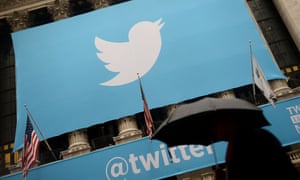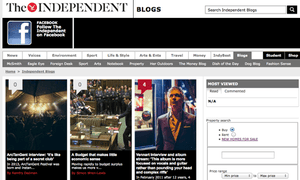1) Research News Corporation’s response to the growth of new and digital media by listing each of the institution’s brands (Sky News, Times etc.) Have any closed, changed or been in the news in the last 10 years for any reason?
* The Sun - got rid of pay walls
* The Times
* Sunday Times
* Fox Entertainment
* News International
2) Develop examples of the impact that new and digital media has had on News Corp’s brands (paywalls, readership figures, audience share etc.)
New and digital media has been negative to the news brands due to factors such as having a decline in the newspaper industry due to access of news online or on your smart phone via an Internet connection. This has therefore had an decline in newspapers as audiences are more likely to view news online rather then on paper especially the younger audience.
3) Use what you have found out about News Corp to answer the following question:
Why and with what success are traditional media institutions adapting to the challenge posed by new/digital media?
New and digital media is a popular platform and that traditional media institutions have fell down in their position on the hierarchy. Traditional media institutions are making less profit due factors such as having news to be accessed online on a much easier and faster platform. Also social network sights such as Twitter make it easier for audiences to stay on track with the news which is why traditional media had fallen massively. Also money raises an issue as accesses news online is free for audiences however newspapers could cost, however it could be argued that to view news online they would therefore need an Internet connection which could stop them from viewing news online.
Why and with what success are traditional media institutions adapting to the challenge posed by new/digital media?
Traditional media institutions are adapting to the challenge
posed by new/digital media as they are now going down and more of the new media
are taking over.Traditional media institutions are adjusting to the challenge
given by new countless people are now declining to read newspapers because of
new and digital media being available to them, so they can read their news on
their mobile phone or online, there is also a decline in people reading books
as they are now reading it online or on their kindle.
An example of how newspapers have led to a decline is the
sun. The Sun learned that no one is now willing to pay a fee to read the news
considering the fact that people can go on other news corporations and read
news for free. By adapting to the audience's wishes and removing the pay wall,
The Sun was able to successfully boost their number of browsers. The Sun have
also successfully adapted to the new developments by the use of their app that
can be accessed on smartphones and tablets which maintains the audiences
interest seeing as it is based around the new digital media platform.





